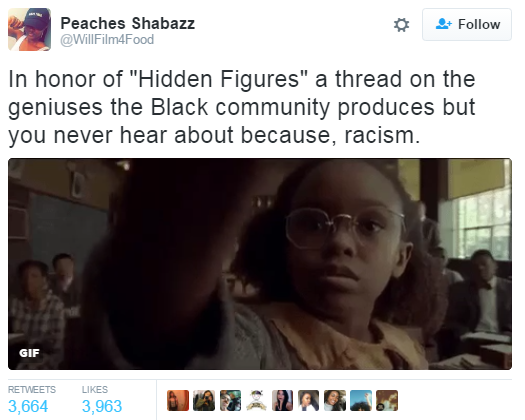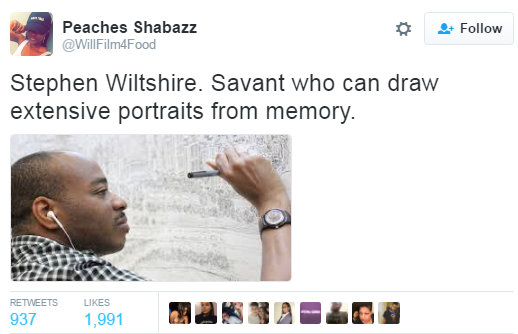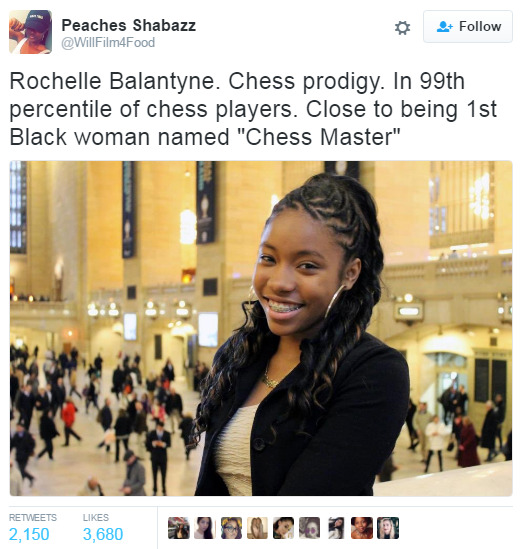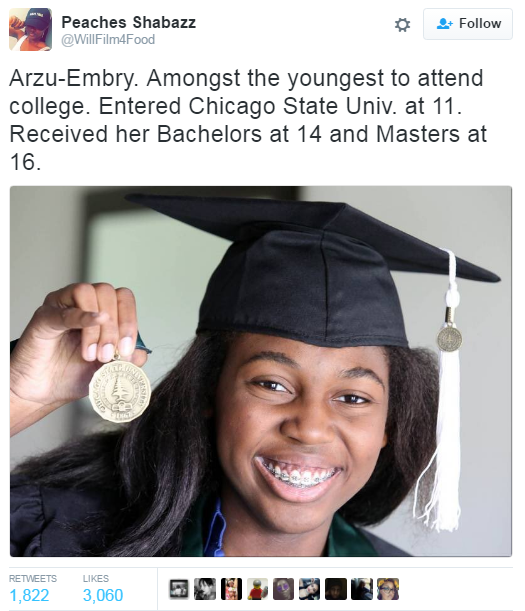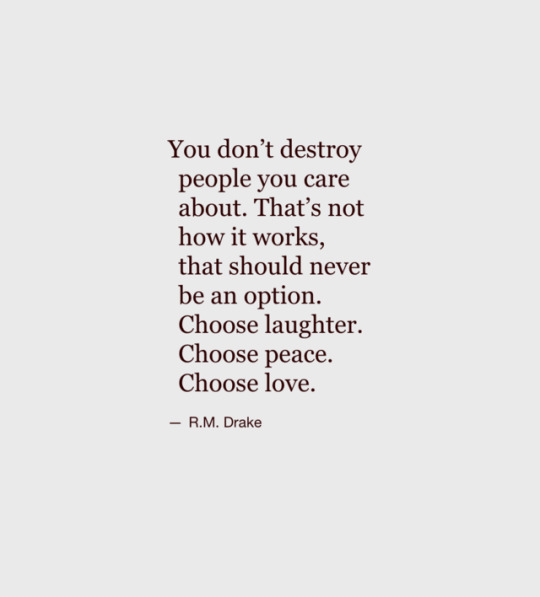Text
“Someone asked me what home was and all I could think of were the stars on the tip of your tongue, the flowers sprouting from your mouth, the roots entwined in the gaps between your fingers, the ocean echoing inside of your ribcage.”
— E.E. Cummings
4K notes
·
View notes
Text
Head just exploded. Best lesson ever over ellipses. I’m a book nerd and can’t tell you how happy this makes me. Now, can y’all help me figure out the great mysteries of the Universe? Like how some can’t tell the difference between their, they’re, there. Similarly, you’re and your. Past and passed. But let’s not speak about it—“
How to Use an Ellipsis Properly in Fiction
Ever wonder why some ellipses seem to have three dots and others have four? Some have spaces between each dot and some don’t? Why sometimes you capitalize after an ellipsis and other times you lowercase?
To be honest, I don’t think most of us were taught properly how to use an ellipsis. I know I wasn’t. I see a lot of writers who don’t understand all the rules of ellipses either.

Some of you may be wondering what an “ellipsis” is. It’s a fancy name for the three dots or “periods” you see in writing ( … ). The word “ellipsis” is Greek for “omission,” which is what it does. It shows that something has been omitted or left out.
Now with research papers, this might be obvious. Maybe you are quoting a source and don’t want to quote every single word of it, so you use an ellipsis to show that you left some stuff out. Like this:
Full quote:
“You know you’re in love when you can’t fall asleep because reality is finally better than your dreams.” - Dr. Suess
Quote with omission:
“You know you’re in love when … reality is finally better than your dreams.” - Dr. Suess
In fiction, we usually aren’t quoting sources. But the ellipsis works in similar ways, it conveys that something is omitted. This might be something directly omitted. Mamma Mia uses this method well:
July seventeenth, what a night. Sam rowed me over to the little island. We danced on the beach, and we kissed on the beach, and …
The ellipsis is used to imply they got intimate, but that part is “omitted.”
Other times things are omitted because they are incomplete–maybe an incomplete line of dialogue such as when a character trails off.
“I started to go to the school, but …” she trailed off.
Or an incomplete thought.
Would she actually want … ? she wondered.
Or maybe something is “omitted” for the sake of something else, like a character trying to censor or tone down his word choice.
“Sarah is really very … fanciful, isn’t she?” David said.
In pauses like this, the ellipsis may convey thinking. It’s completely fine to use them that way.
In rare occasions, an ellipsis might be used to indirectly convey the passing of time.
She ate … she drank … and she went shopping.
And you may occasionally see them used other ways stylistically, but these are the main situations.
In a sense, though, in all these examples, something is omitted, whether it’s directly, or indirectly, like an incomplete or changing thought, or actions in between.
When used smartly, ellipses can be powerful in fiction because they convey more than what is on the page, and that is vital to good storytelling.
Too often, however, newer writers just throw them in because they like the feel and sound of them or the long pause, or even in some cases … because they are lazy. Make sure if you use them, they have a point.
Now let’s get to the technicalities. Years ago, I used to be confused that sometimes ellipses seemed to be three dots and other times four, and I didn’t know when to use which. Ellipses are three dots. However, if it comes after a complete sentence, you still use a period.
I was so hungry… . chicken, cereal, tofu, pasta–all of it sounded good.
If it follows an incomplete sentence, you don’t use a period.
“You know you’re in love when … reality is finally better than your dreams.” - Dr. Suess
If the words after the ellipsis are the start of a new sentence, you capitalize them.
"They treated me like … Want to go to dinner?“ she asked suddenly.
If not, you don’t.
When it comes to spacing before and after an ellipsis, handle it how you would a regular word.
Sarah was really very[space]…[space]fanciful.
"I started to go to the school, but[space] …[no space]” she trailed off.
One exception to this is if there is a question mark following.
Would she actually want[space]…[space]? she wondered.
According to The Chicago Manual of Style, ellipses should have a space between each dot.
Would she actually want[space].[space].[space].[space]? she wondered.
However, in APA style, there are no dots.
Would she actually want … ? she wondered.
Fiction typically follows The Chicago Manual of Style, but you may still see the ellipsis with no spaces, especially since word processors sometimes reformat ellipses automatically. So while technically they should have spaces between each dot, you probably aren’t going to get reprimanded if you don’t. Even The Chicago Manual of Style notes that some places will be fine with the no-space ellipsis. I use spaces because that’s how I was corrected by a mentor once.
One more thing: Ellipses do not signify an interruption.
WRONG:
“I wish …”
“Shut up!” Mike interrupted.
Use em dashes for that.
Correct:
“I wish–”
“Shut up!” Mike interrupted.
Dashes are another subject.
But hopefully now you know how to handle ellipses!
1K notes
·
View notes
Text
Saturday morning, on the 26th of October, a Nazi walked into a Pittsburgh synagogue, shouting “All Jews must die!” and opened fire. He killed eleven Jewish people, including grandparents, husbands, wives, and a doctor remembered for his compassionate care of his patients during the AIDs crisis. Several of them were there celebrating a baby-welcoming ceremony for a gay couple’s newly adopted twins.
This was the deadliest antisemitic attack in all 364 years of American Jewish history. Jews all over the world are shaken, upset, and scared. We know that this could have been any of us, but beyond that, this attack struck at the heart of our people. We were attacked in a place of safety and sanctity. We were reminded that as Jews, we are not safe in America. And we lost eleven Jewish souls.
Some of us are grieving, some of us are angry, some of us are devastated, some of us are numb, some of us are crying, some of us are terrified, some of us are anxious, and some of us can barely walk up the stairs because this doesn’t make any sense and yet it makes so much sense because we all, on some level, imagined this was coming. Our history has taught us that our safety is never guaranteed, and over the past two years we have watched the sickening rise of Nazism and antisemitism all over the world, including in America, where, despite our history, many of us had been lulled into believing it could never happen here.
We lost a third of the world’s Jewish population within living memory. So many Jewish families, in every country, fled antisemitic violence within the past few generations. The tragedy we just experienced is visceral, it’s terrifying, it’s devastating.
So please, check in on your Jewish friends and ask how they are doing. Please, take a moment to understand and absorb this tragedy. Please, understand how this is not just yet another mass shooting (that while theoretically tragic, you don’t really have the space for another one, what with compassion fatigue), but rather an attack that pierced the heart of a group of people already carrying centuries of pain and trauma. Please, make space for this one. Please, when you talk about this, don’t use generalized language about hate and about how no one should be killed for their religion. Please speak the words: Jewish. Antisemitic. Say this was an antisemitic attack, on Jewish people. And please, keep us in your thoughts today.
47K notes
·
View notes
Photo


Get your fandom buttons here : https://www.etsy.com/no-en/shop/ViolentFaery
134 notes
·
View notes
Text
Resources to help child immigrants & fight family separation
via Today.com (How to Help Immigrant Children)
Together Rising Love Flash Mob. Organized by best-selling author and blogger Glennon Doyle through her non-profit organization, the fundraising effort will go to provide bilingual legal and advocacy assistance for 60 children, aged 12 months to 10 years, currently separated from their parents in an Arizona detention center. Their first priority will be to establish and maintain contact between children and their parents, with the ultimate goal of reunification and safety and rehabilitation for the children.
The Florence Project and Refugee Rights Project. This organization provides legal assistance and social services to detained immigrants in Arizona.
The Young Center for Immigrant Children’s Rights. This organization works for the rights of children in immigration proceedings.
Kids In Need Of Defense (KIND). This organization works to ensure that no child appears in immigration court alone without representation.
Asylum Seeker Advocacy Project. They work to prevent the deportation of asylum-seeking families fleeing violence.
via slate.com (How you can fight family separation)
• The ACLU is litigating this policy in California.
• If you’re an immigration lawyer, the American Immigration Lawyers Association will be sending around a volunteer list for you to help represent the women and men with their asylum screening, bond hearings, ongoing asylum representation, etc. Please sign up.
• Al Otro Lado is a binational organization that works to offer legal services to deportees and migrants in Tijuana, Mexico, including deportee parents whose children remain in the U.S.
• CARA—a consortium of the Catholic Legal Immigration Network, the American Immigration Council, the Refugee and Immigrant Center for Education and Legal Services, and the American Immigration Lawyers Association—provides legal services at family detention centers.
• The Florence Project is an Arizona project offering free legal services to men, women, and unaccompanied children in immigration custody.
• Human Rights First is a national organization with roots in Houston that needs help from lawyers too.
• Kids in Need of Defense works to ensure that kids do not appear in immigration court without representation, and to lobby for policies that advocate for children’s legal interests. Donate here.
• The Legal Aid Justice Center is a Virginia-based center providing unaccompanied minors legal services and representation.
• Pueblo Sin Fronteras is an organization that provides humanitarian aid and shelter to migrants on their way to the U.S.
• RAICES is the largest immigration nonprofit in Texas offering free and low-cost legal services to immigrant children and families. Donate here and sign up as a volunteer here.
• The Texas Civil Rights Project is seeking “volunteers who speak Spanish, Mam, Q’eqchi’ or K’iche’ and have paralegal or legal assistant experience.”
• Together Rising is another Virginia-based organization that’s helping provide legal assistance for 60 migrant children who were separated from their parents and are currently detained in Arizona.
• The Urban Justice Center’s Asylum Seeker Advocacy Project is working to keep families together.
• Women’s Refugee Commission advocates for the rights and protection of women, children, and youth fleeing violence and persecution.
• Finally, ActBlue has aggregated many of these groups under a single button.
This list isn’t comprehensive, so let us know what else is happening. And please call your elected officials, stay tuned for demonstrations, hug your children, and be grateful if you are not currently dependent on the basic humanity of U.S. policy.
33K notes
·
View notes
Photo
I love you Tiffany Haddish.
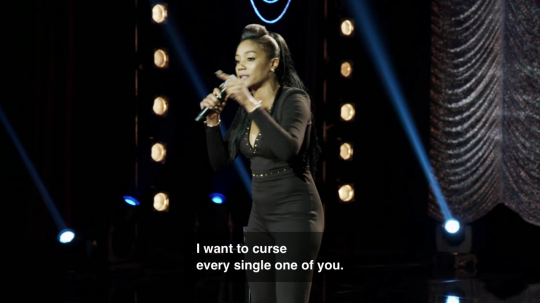
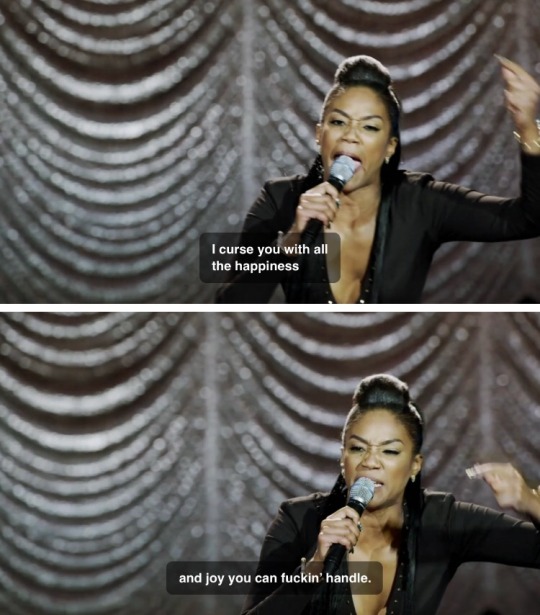


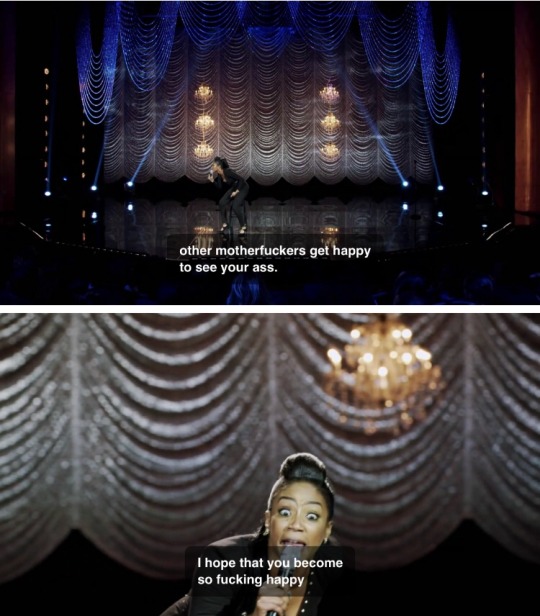
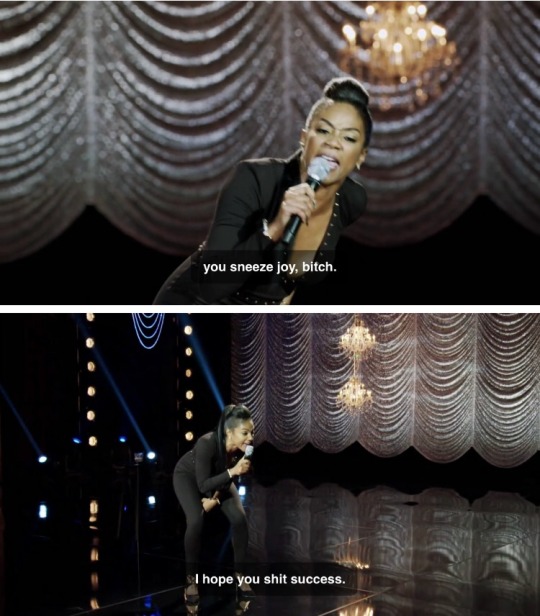

This is how Tiffany Haddish ended her standup special. I’ve never been so happy to be cursed.
197K notes
·
View notes
Photo
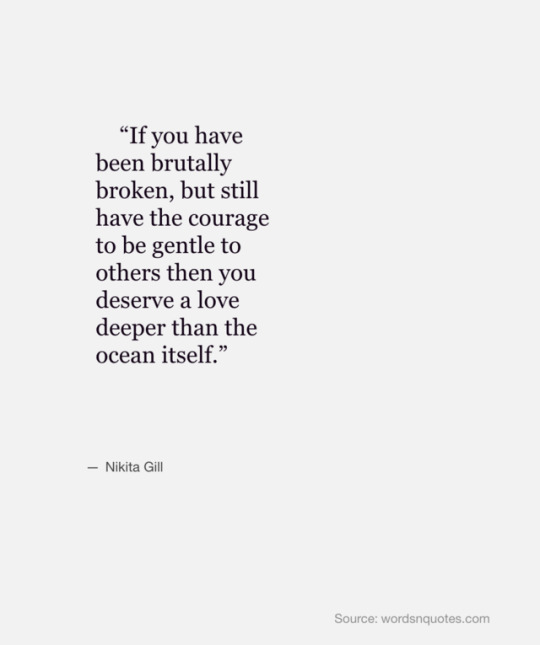
@wordsnquotes | @wnq-quotes | @wnq-quoteoftheday |
16K notes
·
View notes
Quote
You fool – you are afraid of being alone with you own mind. You just better learn to know yourself, to make sure decisions before it is too late. Your room is not your prison. You are.
Sylvia Plath, The Unabridged Journals
Read more at wordsnquotes
(via wnq-quotes)
16K notes
·
View notes
Photo

“I’m a researcher. I work with local governments to draft legislation that encourages sustainable tourism. Right now I’m working on guidelines for sea turtle interactions. Currently there aren’t any laws regulating interactions with marine wildlife, so many species are being threatened. Dive companies are luring whale sharks with food and disrupting their migratory patterns. Tourism isn’t a bad thing. It benefits the economy and encourages conservation. It just needs to be sustainable. The industry needs to grow. But it needs to grow in a way that doesn’t just enrich a few businessmen at the expense of our shared natural resources.”
(Manila, Philippines)
2K notes
·
View notes
Quote
The struggles we endure today will be the ‘good old days’ we laugh about tomorrow.
Aaron Lauritsen (via wordsnquotes)
14K notes
·
View notes
Photo
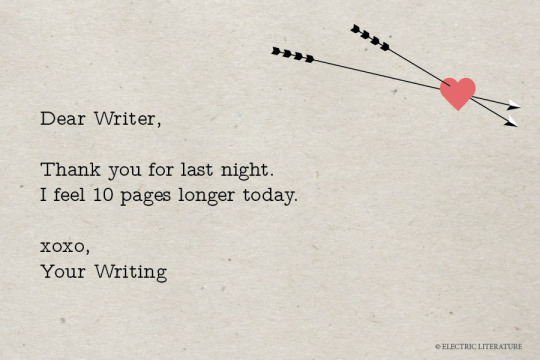


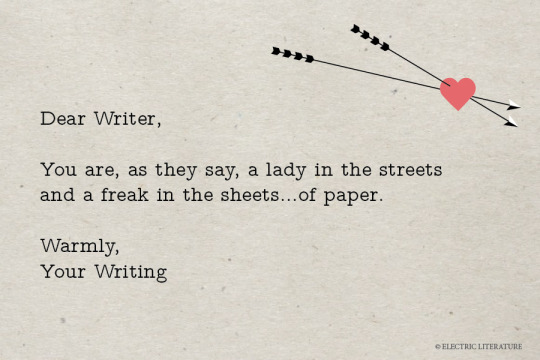


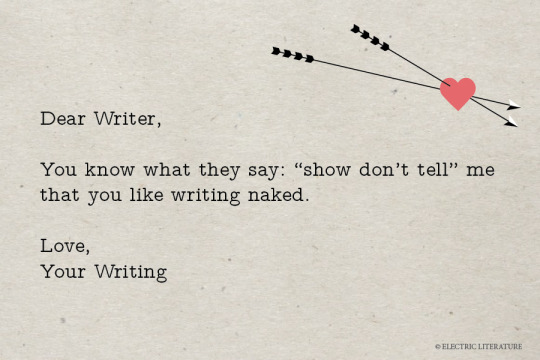


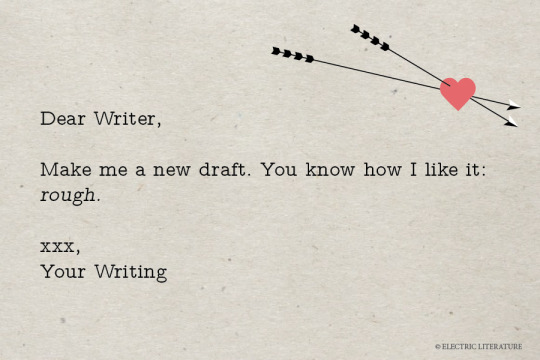
Love Letters From Your Writing (via Electric Lit)
77K notes
·
View notes






